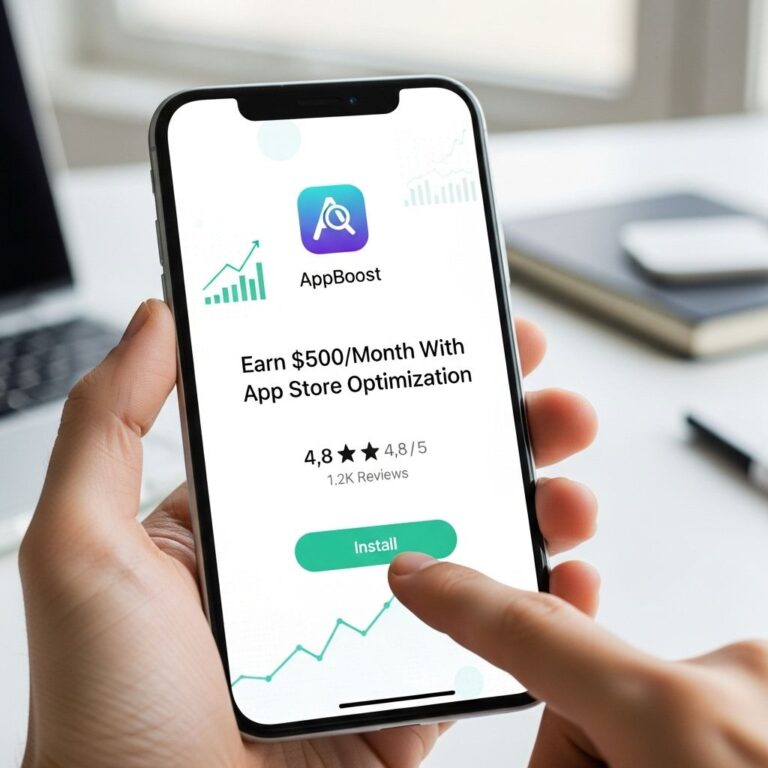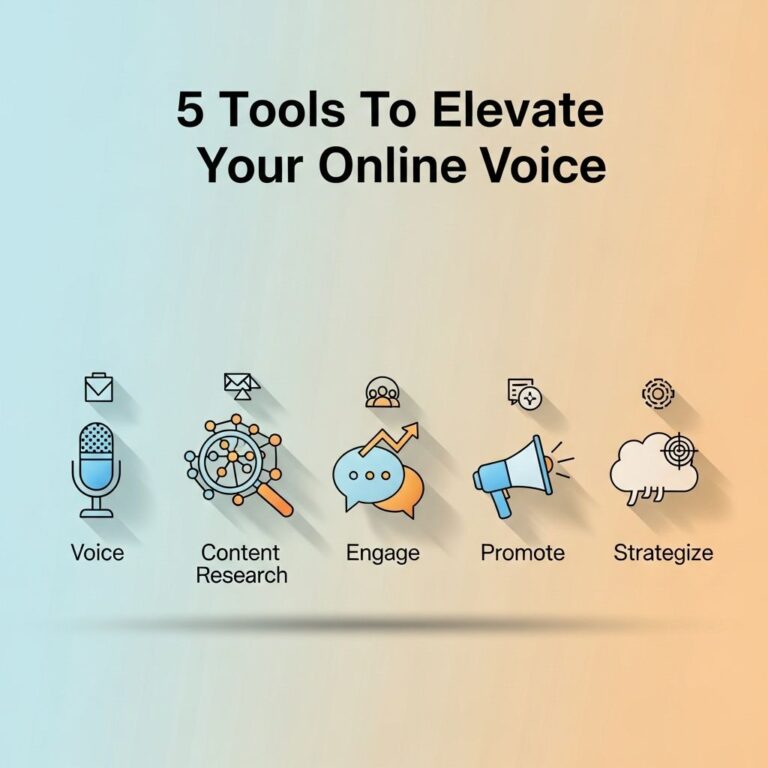In the digital world, first impressions matter, especially when it comes to landing pages. A well-optimized landing page can mean the difference between a visitor converting into a customer or bouncing away. For marketers and business owners, understanding how to quickly optimize landing pages is essential for improving conversion rates and enhancing user experience. This article dives into the strategies and techniques you can employ to achieve rapid optimization of your landing pages.
Table of Contents
Understanding the Importance of Landing Page Optimization
Before diving into the specific tactics for optimization, it’s crucial to understand why landing page optimization is so pivotal.
- Increased Conversion Rates: Optimized landing pages can significantly increase the likelihood of visitors taking desired actions.
- Better User Experience: A well-designed landing page enhances usability, making it easier for visitors to find information.
- Improved SEO Rankings: Optimized pages can benefit from better search engine rankings, driving more organic traffic.
- Higher ROI: By increasing conversions without increasing ad spend, the overall return on investment improves.
Key Elements of an Effective Landing Page
To begin your optimization process, focus on these key elements that comprise an effective landing page:
1. Clear and Compelling Headline
Your headline is the first thing visitors see, and it should communicate the main benefit of your offer clearly.
2. Engaging Visuals
Use high-quality images or videos that are relevant to your product or service. Visuals help break up text and can convey information quickly.
3. Concise Copy
Keep your text short and to the point. Use bullet points for easy readability and highlight the benefits rather than just the features.
4. Strong Call-to-Action (CTA)
Your CTA should be clear and persuasive. Use action-oriented language and ensure that it stands out visually on the page.
5. Trust Indicators
Incorporate elements that build trust, such as testimonials, reviews, or security badges. These can alleviate visitors’ fears about making a purchase or providing information.
Strategies for Fast Optimization
1. A/B Testing
One of the most effective ways to optimize landing pages quickly is through A/B testing. This involves creating two versions of a page to determine which performs better.
- Identify the element you want to test, such as the headline, images, or CTA.
- Create a variation of the landing page with the changed element.
- Use a tool to split traffic between the two versions.
- Analyze the results and implement the winning variation.
2. Optimize Load Speed
Page speed significantly affects user experience and conversion rates. Here are some quick tips:
- Compress images to reduce file size.
- Minimize the use of heavy scripts and plugins.
- Utilize browser caching.
- Implement a Content Delivery Network (CDN).
3. Mobile Optimization
With the increasing number of users accessing websites via mobile devices, ensuring your landing page is mobile-friendly is crucial. Consider the following:
| Desktop | Mobile |
|---|---|
| Wide layouts | Narrow layouts |
| Hover effects | Tap actions |
| Multiple columns | Single column |
4. Leverage Social Proof
Social proof can be a powerful motivator for visitors. Include elements such as:
- User testimonials
- Case studies
- Awards or recognitions
- Statistics on satisfied customers
5. Use Remarketing Strategies
Remarketing enables you to target users who have previously interacted with your landing page. You can create tailored ads to bring them back, ensuring you stay top-of-mind for potential customers.
Monitoring and Analyzing Performance
After implementing optimization techniques, it’s vital to monitor performance metrics to gauge success. Use tools like Google Analytics to track:
- Conversion rates
- Bounce rates
- Average session duration
- User behavior flow
This data will help you identify further areas for improvement and refine your strategies.
Conclusion
Optimizing landing pages doesn’t have to be a time-consuming process. By focusing on key elements such as clear messaging, engaging visuals, and employing fast optimization techniques like A/B testing and mobile optimization, you can significantly enhance your landing page performance. Remember, the goal is not just to attract visitors but to convert them into loyal customers. Regularly analyze your results and continue to iterate for ongoing improvements.
FAQ
What are the key elements to optimize a landing page?
Key elements include a clear and compelling headline, persuasive copy, strong call-to-action (CTA), relevant images or videos, and an easy-to-navigate layout.
How can I improve the loading speed of my landing page?
You can improve loading speed by compressing images, minimizing HTTP requests, using browser caching, and optimizing CSS and JavaScript files.
What role does A/B testing play in landing page optimization?
A/B testing allows you to compare different versions of your landing page to see which one performs better, helping you to make data-driven decisions for optimization.
How can I ensure my landing page is mobile-friendly?
Ensure your landing page is mobile-friendly by using responsive design, optimizing images for mobile, and keeping navigation simple for smaller screens.
What is the importance of using a strong call-to-action on landing pages?
A strong call-to-action (CTA) guides visitors towards the desired action, whether it’s signing up, purchasing, or downloading, thus increasing conversion rates.
How can I analyze the performance of my landing page?
You can analyze the performance of your landing page using tools like Google Analytics, which provide insights on traffic, conversion rates, and user behavior.









